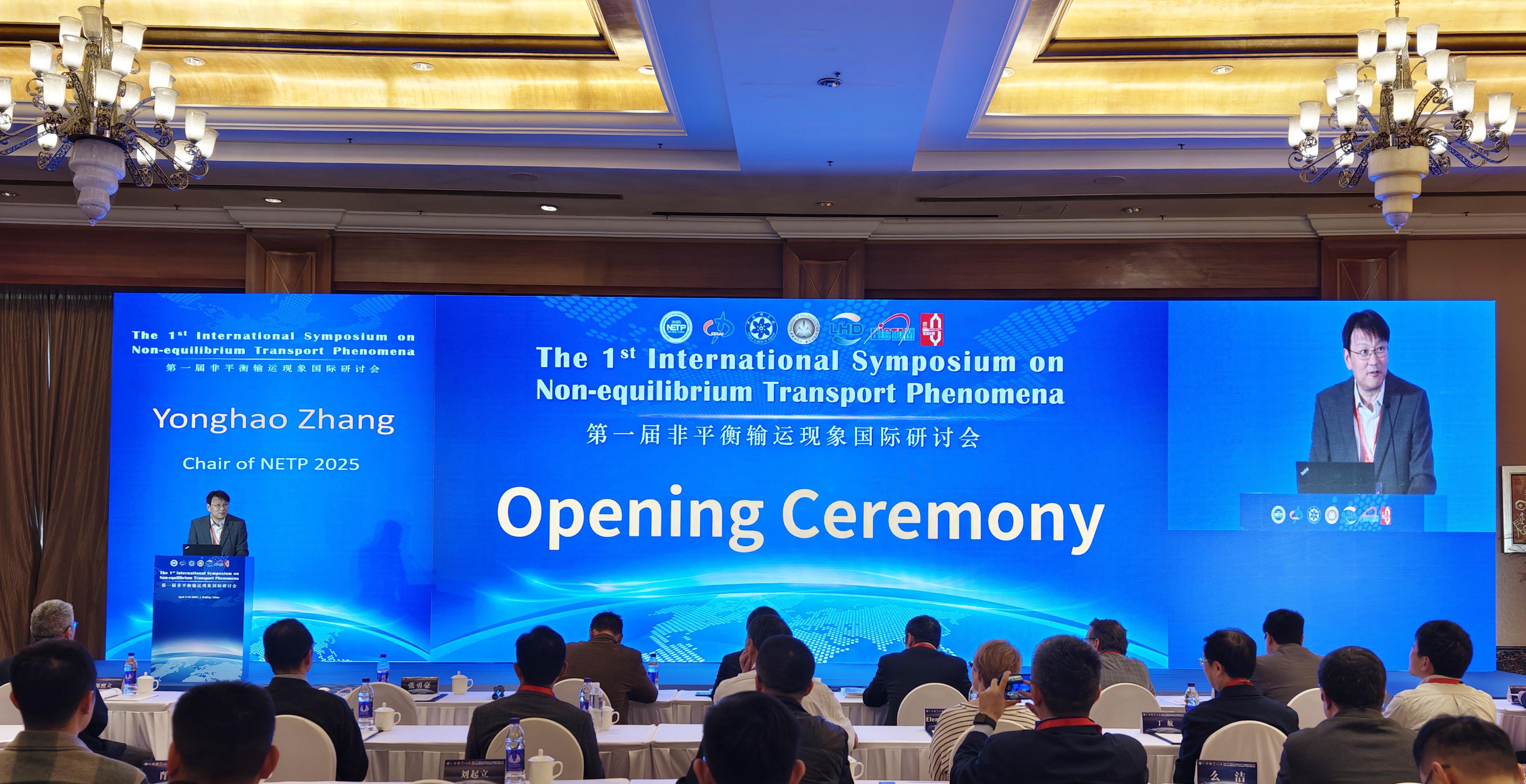First Meeting of New Year for High-quality Development
As the Year of the Snake begins, various municipalities and provinces across China have already hosted their first planning meetings. These meetings are aimed at reinforcing the real economy, optimizing the business environment, and promoting technological innovation, thereby laying a strong foundation for high-quality economic and social development.
Strengthening real economy
The modern industrial system is pivotal for enhancing high-quality development, and regions are working hard to strengthen their real economies.
Guangdong province, a manufacturing powerhouse, has announced its 2025 action plan for building a modern industrial system. Ai Xuefeng, director-general of the Guangdong Provincial Development and Reform Commission, revealed plans for 1,500 key projects with an investment of one trillion RMB, half of which will focus on industrial projects, including 380 in high-end equipment manufacturing, new materials, and the petrochemical and steel industries.
In Chongqing municipality, the automotive sector remains a core industry. The city emphasized the need to expand the scale of the modern manufacturing cluster, pledging to attract key component projects while enhancing integration in sectors like integrated circuits and automotive electronics. Chairman of local car giant Changan Automobile, Zhu Huarong, said the company aims to sell 802,000 vehicles, including 240,000 electric vehicles, in the first four months of 2025.
Meanwhile, Guizhou province also convened a meeting and focused on constructing modern industrial systems aimed at maintaining and enhancing strengths in modern energy industry, fine processing of mineral resources, and light industries such as textiles and health products.
Optimizing business environment
Optimizing the business environment emerged as the theme of meetings in many regions. Strategies were outlined to enhance enterprise experience and ensure that various business entities are on board.
Shanghai introduced a comprehensive action plan to improve the business climate, featuring 58 tasks aimed at streamlining services for businesses, enhancing regulatory oversight, and creating a favorable social environment for enterprises. This marks the eighth consecutive year that Shanghai has held such a conference dedicated to optimizing the business environment.
Further north in Liaoning, a meeting underscored the importance of providing a sense of belonging and ease of doing business in the province. A representative from the Jiangxi Chamber of Commerce in Liaoning noted proactive efforts by local services to connect businesses with available resources.
The meeting held in Guangxi Zhuang autonomous region emphasized the need to accelerate high-quality development. Lin Weimin, a leader in Guangxi Laibin Dongtang Group, said the meeting particularly emphasized the principle of "no unnecessary interference while being responsive to every request" towards private enterprises. Lin added that enterprises should therefore boldly move forward, and strive to promote high-end, intelligent, and green development in their own industry.
Advancing sci-tech innovation
During the Spring Festival, numerous technology companies in Hangzhou, Zhejiang province, including Unitree and DeepSeek, showcased their innovations, drawing attention to Zhejiang's commitment to technological advancement. The province aimed for continuous breakthroughs in innovation capabilities and emphasized deep integration of educational, technological, and industrial development.
Hubei's conference featured an impressive display of humanoid robots, showcasing the province's advancements in robotics. It has 19 industries whose output values have exceeded 100 billion RMB, and some have even reached the trillion RMB level, such as the optoelectronic information, automobile manufacturing and healthcare. Hubei is now enhancing its sci-tech innovation capabilities and developing a comprehensive system for the transformation of sci-tech achievements.
Hainan province also held a talent conference aimed at fostering an open talent acquisition mechanism, creating platforms for international talent exchange, and encouraging innovation and entrepreneurship with a focus on the unique features of the Hainan Free Trade Port.
Li Xiaoming, executive director of the Hainan Aerospace Technology Innovation Center, said Hainan has, over the years, attached unprecedented importance to talent and technological innovation, which enabled broad prospects for their development.







